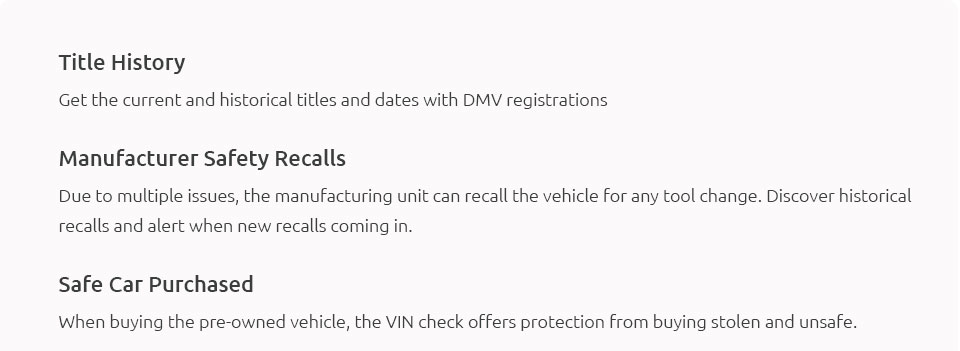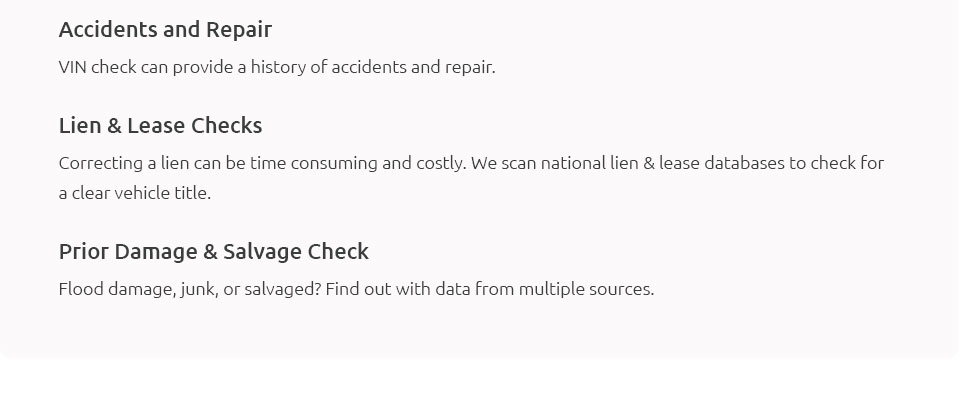 |
 |
 |
 |
 |
||
 |
 |
|
 |
 |
|
 |
 |
 |
 |
||
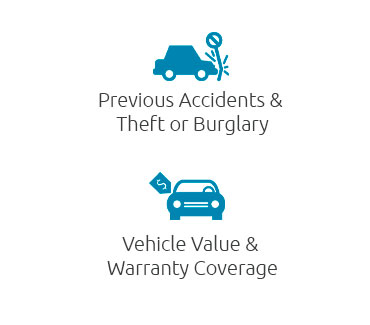 |
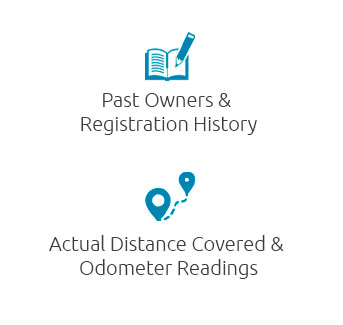 |
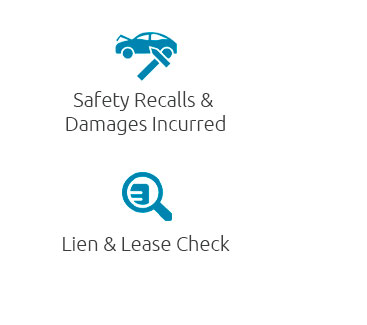 |
 |
 |
 |
||||
|
||||
 |
 |
Track My Car with VIN Number: A Comprehensive GuideThe Vehicle Identification Number, commonly referred to as the VIN, is an essential element for every car owner who wishes to track their vehicle. This unique 17-character code is not just a random string of numbers and letters; it is a fingerprint for your vehicle that provides invaluable information. While the concept of using a VIN to track a car might seem daunting at first, understanding the nuances can significantly enhance your ability to manage your vehicle's information. Firstly, it's crucial to know that the VIN is instrumental in accessing various details about a car's history and specifications. Each character in the VIN signifies specific data such as the make, model, year of manufacture, and even the place where the vehicle was assembled. For those who are curious about the specifics of their vehicle, tools like the vin number model lookup can provide a wealth of information, allowing you to decode what each segment of your VIN represents. One of the most common reasons people seek to track their car using the VIN is to obtain a comprehensive history report. This report can reveal past ownership, accident history, and even service records. Such information is particularly valuable when purchasing a used car, as it can unearth hidden issues that might not be immediately apparent. It's worth noting that while the VIN can provide extensive information, it doesn't directly enable GPS tracking of a vehicle. For real-time location tracking, additional technology such as GPS devices would be necessary. Another pertinent use of the VIN is in situations involving theft. If a car is stolen, the VIN can be used by law enforcement agencies to track and recover the vehicle, although this process is more about verifying and identifying rather than live tracking. In the realm of vehicle registration, many individuals often wonder, can I check who a vehicle is registered to? The answer varies depending on local laws and privacy regulations. Generally, accessing such information is restricted to authorized parties for privacy reasons. Furthermore, the VIN plays a vital role in recall checks. Manufacturers issue recalls for specific makes and models based on defects or safety concerns, and the VIN is used to determine if a particular vehicle is affected. This is an excellent example of how the VIN is crucial for maintaining vehicle safety and ensuring that necessary repairs are addressed promptly. In conclusion, while the VIN is an incredibly powerful tool for gathering information about a vehicle, it's important to approach its use with a clear understanding of its capabilities and limitations. By leveraging the resources available, such as model lookups and history reports, car owners can make informed decisions, ensuring both safety and satisfaction in their vehicle ownership journey. The VIN is not just a number; it's a gateway to a deeper understanding of your car. https://orcascan.com/solutions/vin-tracking-system-537da9cc
Where's the VIN barcode on a vehicle? - Bottom corner of the front window screen - Inside of driver or passenger door post - The front panel of the engine ... https://apps.apple.com/us/app/find-my-car-car-tracker/id1295565906
Have you ever forgotten where you parked your car? Or paid unnecessary parking fines? Then "Find My Car" is the ultimate app for you! Download now the Best ... https://reolink.com/blog/what-to-do-when-car-is-stolen/?srsltid=AfmBOopHtg53uHaTCQdNCNd0VY2h7SIitX62tSEc1rRrYG6go-Vb1LS_
Track location by VIN number. The VIN check contains all history report, including accidents and service records. You can check if a car is stolen by license ...
|

